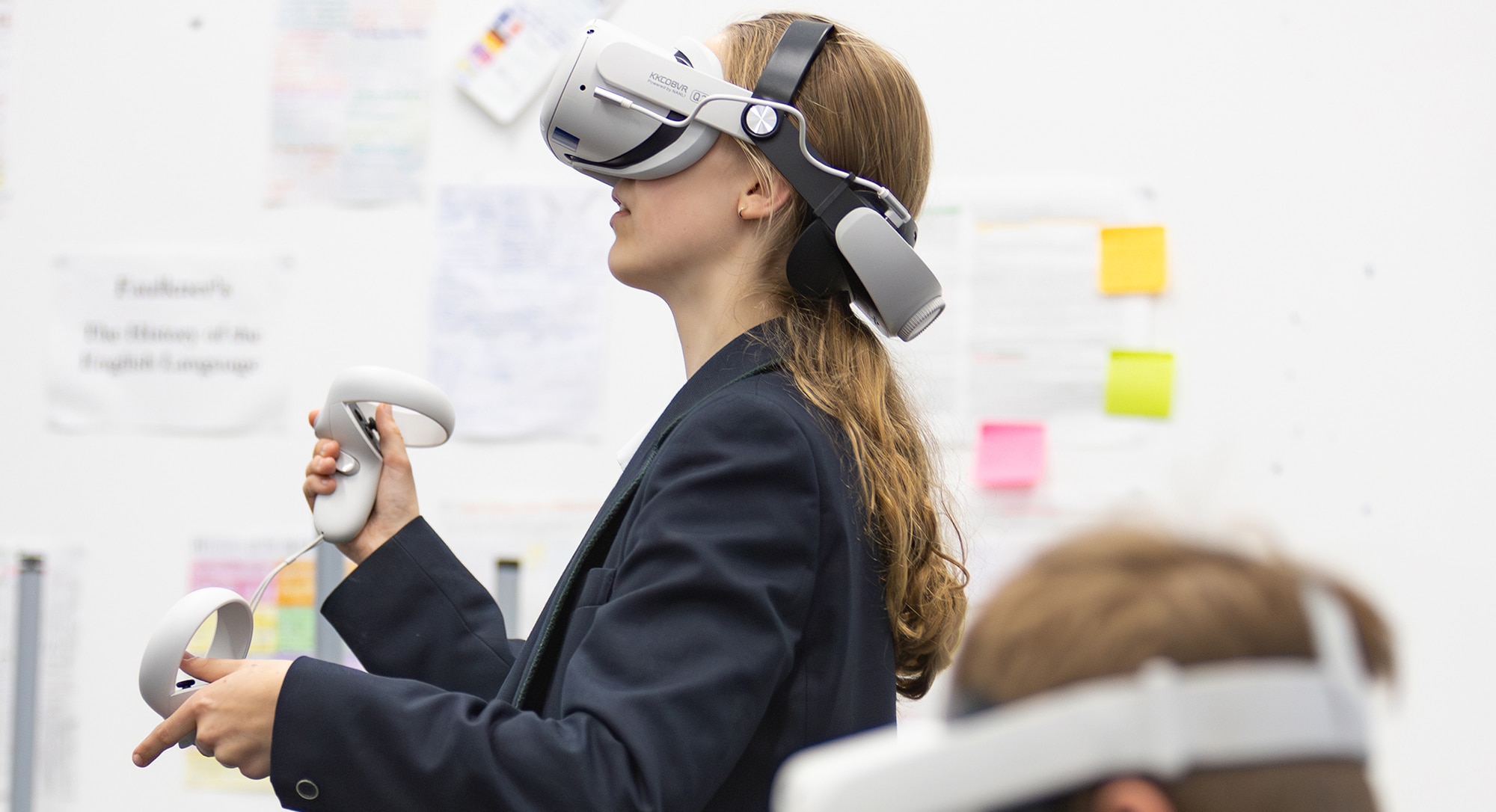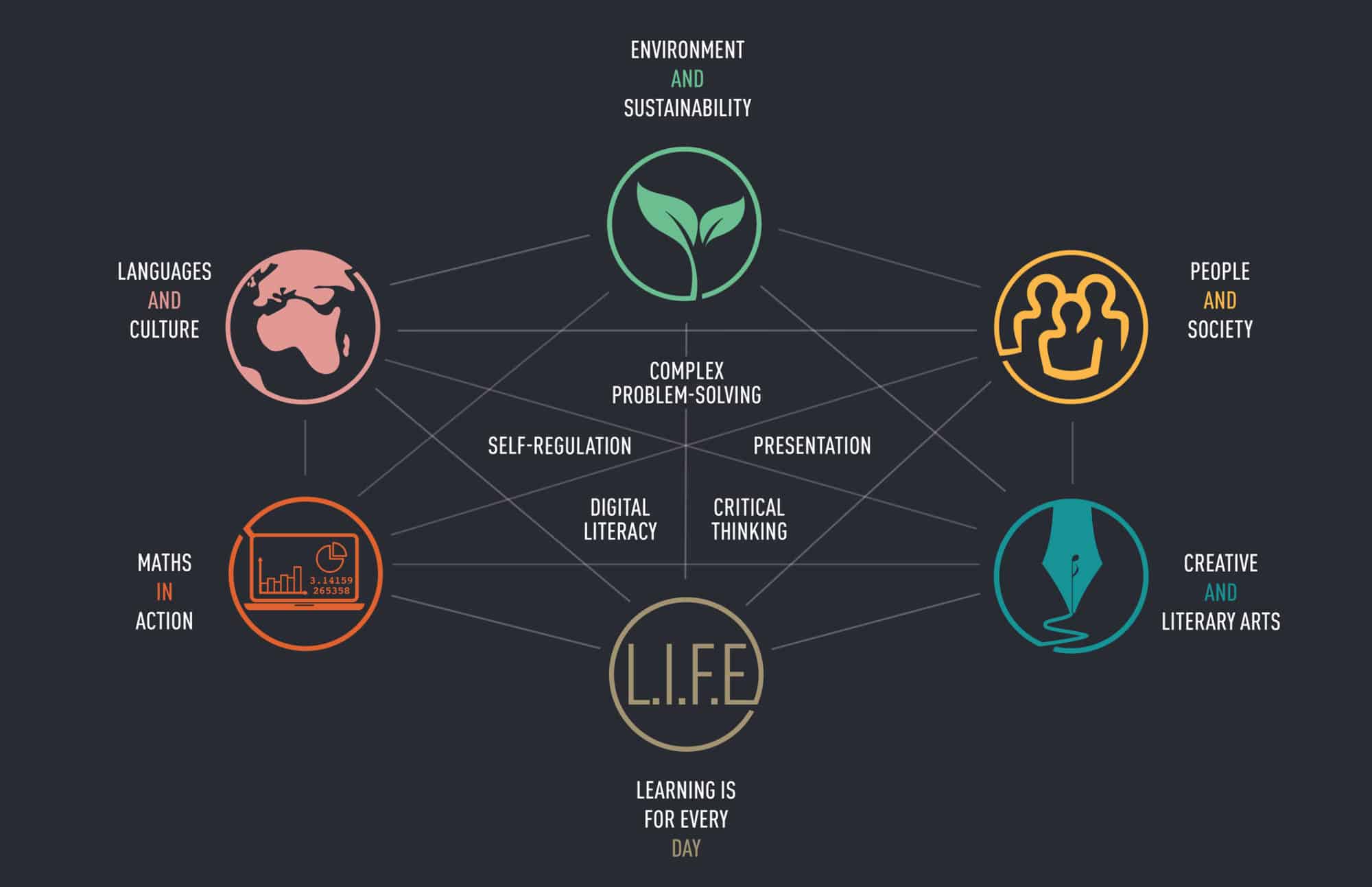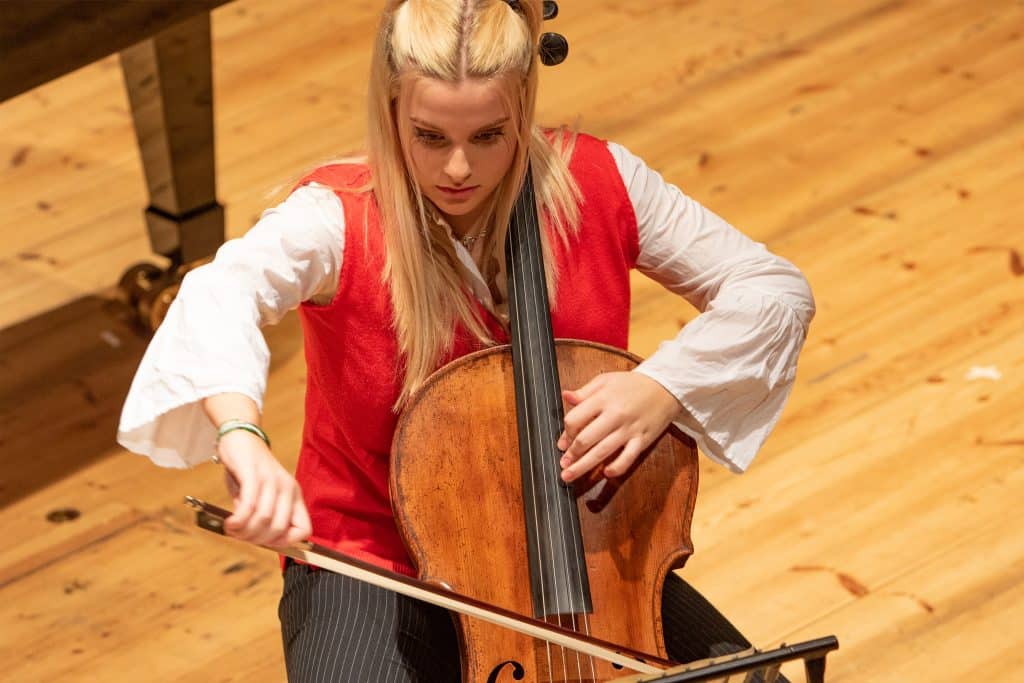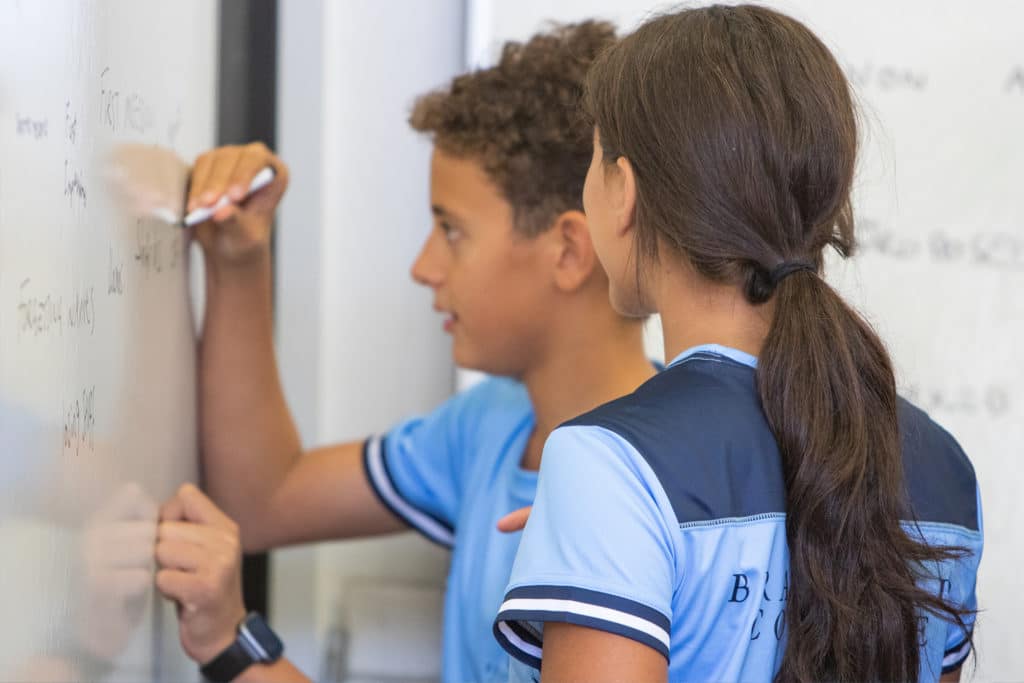The world is different. It just is. The essence of what it means to be human remains the same but the context in which we now live our lives bears little resemblance to the decades past upon which our education system was premised. To suggest the internet is ‘to blame’ implies all sorts of negative connotations when really the internet – the knowledge it has made available and the connectivity it has brought – has undoubtedly been, in part, a force for good. Equally, there’s more to today’s societal challenges than the internet alone.
The next generation will not be competing for jobs on a local or regional playing field, but in the global arena.
In the cyclical ebb and flow of global politics the foreign policies of the world’s superpowers will periodically look inwards, often to the exclusion of the less able, less well-resourced and often persecuted. We see examples of this in today’s society and so the need to remain conscious and alive to this tendency, to challenge protectionism and to advocate for geo-political collaboration will be important for us all. Then again, it’s all important. Society is currently staring down the barrel of a climate catastrophe. We don’t crave convenience, we expect it; we demand it. Whilst we spend trillions on investigating alternative forms of energy, we spend less time readying ourselves for the behavioural changes that we must embrace.
Post-pandemic, no one can ignore the effect of technology. IT, social media, artificial intelligence (ChatGPT is but the tip of the iceberg!), virtual reality, augmented reality and data have fundamentally changed how we live, learn and interact with each other, how and where we work, with whom and what we work on. We now live ultra-connected lives, connections that can pulse at any time of the day. Our connections today put us in contact with individuals or groups, family, friends or people we work with, and all in a matter of seconds, 365 days a year.
The world is different. It just is.

If the internet has debased the value of knowledge, then AI is reshaping the world of work and the employment opportunities available to future generations. Tasks that are fundamentally process-driven, systematic and with predictable outcomes will be done by artificial intelligence. Accountants, legal clerks, financial traders beware! AI and machine learning have therefore significantly ramped up competition for employment but so too has the ultra-connectivity I mentioned earlier. The global pandemic has shone the brightest of lights on what could be seen as both opportunity and threat. As a result of greater access to knowledge through the internet more people have access to basic education, meaning more people are capable of doing basic tasks (if AI and ML aren’t doing them already!) regardless of location. The next generation will not be competing for jobs on a local or regional playing field but in the global arena. An appreciation of difference and diversity will be critical.
It is not all doom and gloom. Indeed, we should be excited. In a world where technology is reshaping and resizing, the very essence of what it means to be human will come to the fore. Opportunity now sits with creativity, with the irrational, with the unpredictable, with the less-well defined. Of course, opportunity will also sit with the producers of the technology. People with a single discrete skill who merely consume the technology will undoubtedly find life more challenging.
That’s what we do here at Bradfield; we prepare young people for the life ahead of them.
So there’s that word – ‘life’. That’s what we do here at Bradfield; we prepare young people for the life ahead of them; we offer an Education for Life. If anything I have just written is even partially true, we are obliged to look at our curriculum and challenge the extent to which it is fit for purpose; we are obliged to ensure we intentionally provide our pupils the opportunities to discuss and draft, debate and iterate, to risk and review. We must prepare pupils for the ultra-connectivity that awaits them by allowing, nay requiring them to work online and offline on extended projects that span subjects and disciplines. Indeed, future generations will likely need to embrace interdisciplinarity and/or accept the need to be flexible and agile in the world of work.
Consequently, the College has rethought and subsequently reshaped its Faulkner’s (Year 9) curriculum. Central to our thinking has been the conscious, targeted development of the skills that the modern world needs – digital literacy, presentation, self-regulation, complex problem-solving and critical thinking, alongside, but not in place of, rigorous knowledge acquisition. Guided by our commitment to delivering an Education for Life our leavers will be prepared for public examinations, but now more than ever before for the VUCA (volatile, uncertain, complex and ambiguous) world that awaits them.
Creativity and innovation are celebrated across a set of interconnected subject groups which contextualise pupils’ learning, helping them to see its application in the real world. The Sciences and Design have collaborated to produce the Environment and Sustainability course. English, Art, Music and Drama comprise Creative and Literary Arts. Languages and Culture speaks for itself (excuse the pun!) while Maths in Action has seen our mathematicians working alongside the Computer Science team. People and Society is our liberal arts and humanities course. Last but certainly not least, Wellbeing and Physical Development asks questions about how we can look after ourselves and each other. Few will challenge that in this fast-paced, digitised world it is increasingly important that we understand who we are and how we feel. It is important that we try to understand others, their context, their challenges and their strengths. It is important that we are happy in our own skins and recognise the benefits of ‘we’, the group.
Cynics will point to the cyclical nature of curriculum reform but this time it’s different. Technology – ubiquitous, omni-present, ultra-fast and ultra-intelligent – has changed society forever. The importance of schools has never been in doubt but what they teach and how they teach it – their curriculum – needs to change. Why? Because the world is different. It just is.




